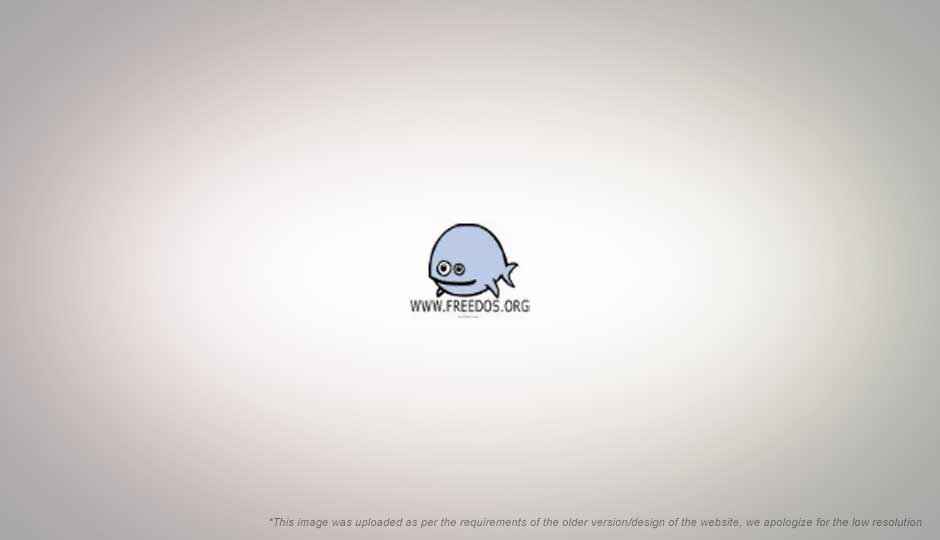FreeDOS 1.1 Released After Over Five Years

It has been a long time since 2006 when the previous major release of FreeDOS (v 1.0) occurred, but now FreeDOS 1.1 is available.
FreeDOS, for those not familiar with it already, is a free and open source operating system that aims for MS-DOS compatibility. It is open source under the GPL. FreeDOS has also been included in a number of commercial systems, for example, as a default OS on some Dell computers.
You might wonder, why do you even need DOS? Isn’t it extinct? Who even uses DOS any more?
Well the fact of the matter is that a great amount of good software was released for DOS during its heyday, and an even greater amount of data probably exists that can only be accessed by such software. MS-DOS as it was might be difficult or impossible to run on current-generation systems, but FreeDOS can, and being open source, can be adapted for new environments. Using FreeDOS one can play legacy games and run legacy software on modern systems without needing to keep around decade-old hardware.
So after all these years, what is new with FreeDOS 1.1? Here is what the release announcement has to say:
- FreeDOS kernel 2040 (Bart Oldeman, Jeremy Davis and others. Should fix fat32 file corruption).
- mtcp (Michael Brutman), a suite of high-performance TCP/IP applications for any x86 computer.
- an initial attempt at USB controller support (Bret Johnson). So far only UHCI (Intel/Via USB1.1 12Mb/s & 1.5Mb/s), thus no OHCI (Nvidia etc, 12Mbit/s & 1.5Mbit/s, EHCI (USB 2.0 , 480Mbit/s) and xHCI (USB 3.0 , 5000 Mbit/s)
- generic PCI IDE cache/cdrom driver (Jack R. Ellis) including PIO/UDMA modes for (P)ATA/SATA harddisks and CD.
- new installation menu when starting from CD, intended to reduce amount of menus you have to respond to.
- universal BIOS backup program, see http://www.flashrom.org .
- updated memory drivers (HMA&XMS, UMB&EMS) with many thanks to Japheth, Jack, Michael Devore and Tom Ehlert
- 4DOS 8.00 command interpreter has been added, many thanks to Luchezar Georgiev for updating JPSOFT’s code
- installation scripts have been streamlined. Much to do still though.
- very limited USB flash disk support (often showing up as C: )
- many new versions of many programs, including DEVLOAD and DEBUG. Features and fixes as usual.
You can find out more about FreeDOS and download it from its website.
